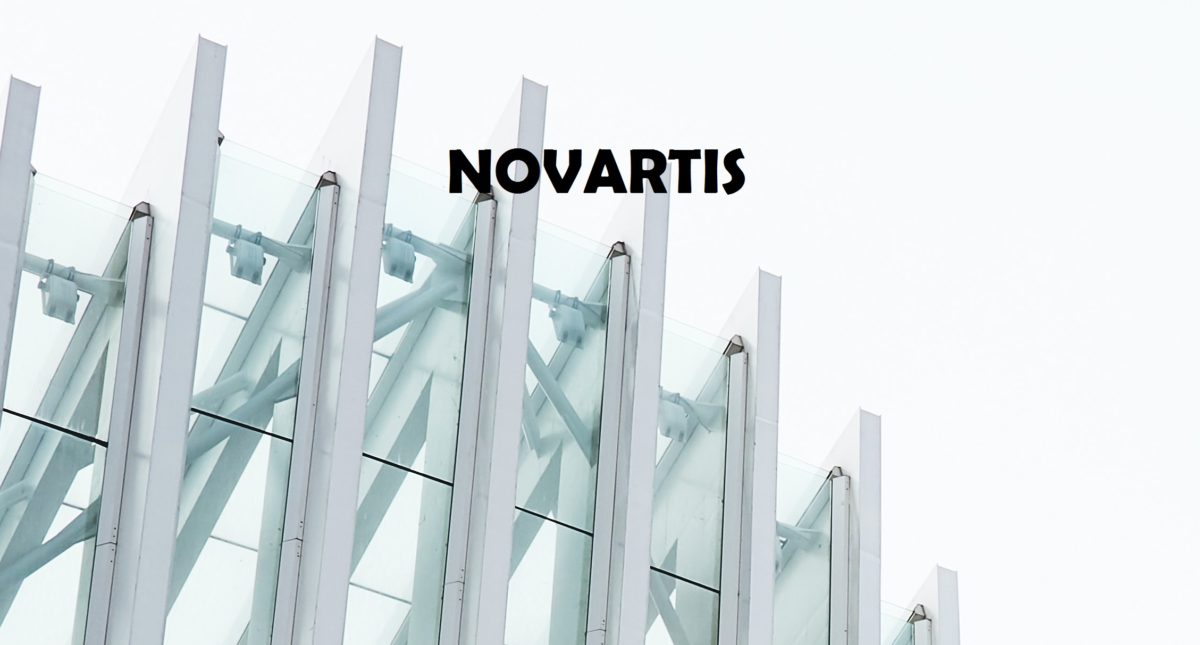Jun 26, 2020: “Novartis announced that the European Medicines Agency’s Committee for Medicinal Products for Human Use (CHMP) has adopted a positive opinion recommending the approval of Xolair® (omalizumab) as an add-on therapy with intranasal corticosteroids (INC) for the treatment of adults (18 years and above) with severe chronic rhinosinusitis with nasal polyps (CRSwNP), for whom therapy with INC does not provide adequate disease control.
If approved, omalizumab will be the first treatment for nasal polyps specifically targeting and blocking immunoglobulin E (IgE), which helps to reduce the size of nasal polyps (as defined by Nasal Polyps Score; NPS) and improve symptoms.
The European Commission reviews the CHMP recommendation and usually delivers its final decision within two months.
Related News: Novartis ligelizumab (QGE031) more effective than Xolair®(omalizumab) at inhibiting immunoglobulin E pathway responsible for chronic spontaneous urticaria
https://lifepronow.com/blog/2019/12/19/novartis-provides-update-on-fevipiprant-luster-phase-iii-studies-in-patients-with-uncontrolled-gina-4-5-asthma/
“Patients with chronic rhinosinusitis with nasal polyps suffer from persistent symptoms, such as nasal congestion, facial pain, loss of sense of smell and taste, difficulty breathing and sleep problems, which can significantly impair their quality of life.
Unfortunately, many patients continue to experience symptoms despite standard-of-care, and multiple sinus surgeries,” said Professor Philippe Gevaert, Upper Airway Research Laboratory, Department of Otorhinolaryngology, Ghent University Hospital, Ghent, Belgium.
“Omalizumab is specifically designed to block immunoglobulin E, which is a key driver in the inflammatory pathway; if approved, it will provide patients, for whom intranasal corticosteroids do not provide adequate disease control, with a treatment option that has been shown to improve both symptoms and quality of life.”
The CHMP positive opinion is based on results from the Phase III POLYP 1 and 2 studies, which were published in the Journal of Allergy and Clinical Immunology in June 2020.
These replicate studies demonstrated that patients treated with omalizumab achieved statistically significant improvements in mean NPS (POLYP 1: -1.08; p<0.0001, POLYP 2: ‑0.90; p=0.014) and daily Nasal Congestion Score (NCS; POLYP 1: -0.89; p=0.0004, POLYP 2: -0.70; p=0.0017) compared to placebo at Week 24 (co-primary endpoints).
All patients received INC (mometasone nasal spray) as background therapy. In both studies, patients treated with omalizumab demonstrated significant improvements in NPS and NCS as early as first assessment (Week 4), compared to placebo1.
Among secondary endpoints, improvements were observed in the Sino-Nasal Outcome Test‑22 (SNOT-22; a health-related quality of life assessment), the University of Pennsylvania Smell Identification Test (UPSIT), the Total Nasal Symptom Score (TNSS) and in sense of smell.
Additionally, reductions in post-nasal drip (posterior rhinorrhea) and runny nose (anterior rhinorrhea) were seen.
In the studies, omalizumab was generally well tolerated and its safety profile was consistent with the previous studies.
“Novartis has a mission to reimagine and advance the care of respiratory patients by developing innovative treatment options that treat the disease, reduce symptoms and improve quality of life,” said Linda Armstrong, MD, Respiratory Development Unit Head, Novartis Pharmaceuticals.
“This CHMP positive opinion builds on the established efficacy and safety profile of omalizumab, which has over 1.3 million patient years of exposure and the potential to become an additional treatment option in the EU for patients with severe chronic rhinosinusitis with nasal polyps.”
Novartis is committed to bringing omalizumab to patients with severe CRSwNP and additional regulatory filings are currently underway in multiple countries, including the US and Switzerland.
Xolair (omalizumab)
Xolair (omalizumab) is the only approved anti-immunoglobulin E (IgE) antibody treatment specifically designed to target and block IgE.
By reducing free IgE, down-regulating high-affinity IgE receptors and limiting mast cell degranulation, Xolair minimizes the release of mediators throughout the allergic inflammatory cascade.”
https://www.novartis.com/news/media-releases/novartis-receives-positive-chmp-opinion-new-xolair-indication-treat-severe-chronic-rhinosinusitis-nasal-polyps


